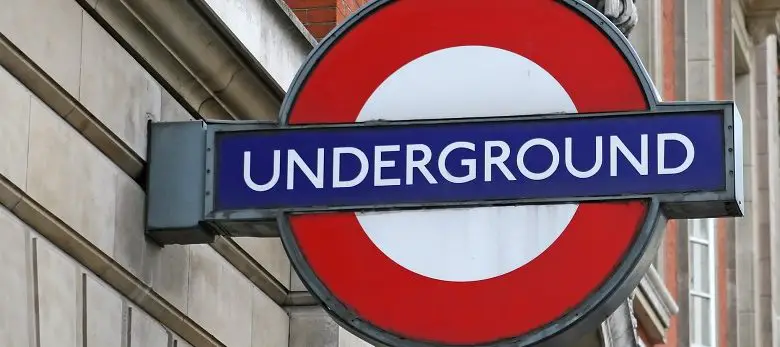
Concerns over access on public transport prior to car-free day in London
Concerns have been raised by disabled people, campaigners and professionals over the access of public transport following the announcement of a car-free day in London next month.
 London Mayor, Sadiq Khan, announced there will be a car-free day event held across London on Sunday 22 September 2019. This is to help tackle the capital’s air pollution crisis.
London Mayor, Sadiq Khan, announced there will be a car-free day event held across London on Sunday 22 September 2019. This is to help tackle the capital’s air pollution crisis.
Concerns for disabled people
However there are concerns among disabled people who rely on their own adapted vehicles, carers driving or taxis to get them around the city – due to the lack of accessible public transport.
Angela Matthews, Head of Policy and Research, at Business Disability Forum, said:
“While Business Disability Forum agrees that air pollution is an urgent issue, we would ask the capital to consider how a car-free day to promote walking, cycling, and use of public transport would affect disabled people.
Many disabled people are reliant on their own adapted vehicles, cars driven by a carer, or taxis, to get about in London because current public transport is not accessible to people with a range of disabilities. For these people using cars is a necessity not a choice.
Disabled people care about the environment as much as anyone else. We would question whether disabled people were considered in the design of this campaign and what plans there are to ensure they everyone can take part on 22nd September.”
Response by Transport For London
Nevertheless, Transport For London has given assurance that disabled and elderly people can continue to travel as they would normally.
TFL has said; “There will be a steward at each end of the streets affected by the closures- and that Blue Badge holders and Door-to-Door services will still be able to travel as usual (just speak with the steward).”
In addition, bus routes will be running with the exception of Greenwich.
Disabled people are prevented from taking part in campaigning events
Not only do disabled people have the difficulty of accessing public transport and London’s streets, they are also prevented from taking part in public awareness campaigns too – with this one being about London’s air pollution
According to Angela Matthews at Business Disability Forum:
“This brings us to another fundamental cause for concern that emerges from this debate: the exclusion of disabled people from public social action campaigns. Disabled people’s representation in environmental activism is not a new issue.
‘Green’ movements have increasingly acknowledged the shift that is needed in making this global campaign accessible to everyone. Environmental activist groups and organisations have acknowledged what we would have previously called the ‘business case’ for making their campaigns accessible to disabled people.
Put simply, if they make their campaigns accessible, millions more people can be involved, meaning the bigger and more likely their campaign is to succeed.
This ‘no brainer’ approach only skims the surface. There is a more critical issue at root here. If social action is not open (that is, accessible) to every person in our society, it is not inclusive, democratic, or representative. There is no equal citizenship – for any of us – until everyone is enabled to take part.
For a Government in a country that is said by others to excel in human rights and that is hailed for how far we have come in terms of disability inclusion, we have got this car-free day radically wrong.
Denying participation by inaccessibility to even one person, let alone a whole ‘group’ of people, is the active silencing of voices. And we need to consider, is this really who the UK want to be?”
Do you live in or regularly visit London and have concerns over this car-free day event? Share your thoughts in the comments box or on Facebook & Twitter.
By Emma Purcell
More on Disability Horizons…
- How you can easily find disabled parking to suit you
- Jane Campbell on Sir Bert Massie and disability rights today
- Disability and travel: the easy way to transport your equipment and luggage on holiday
Originally posted on 16/08/2019 @ 7:00 am